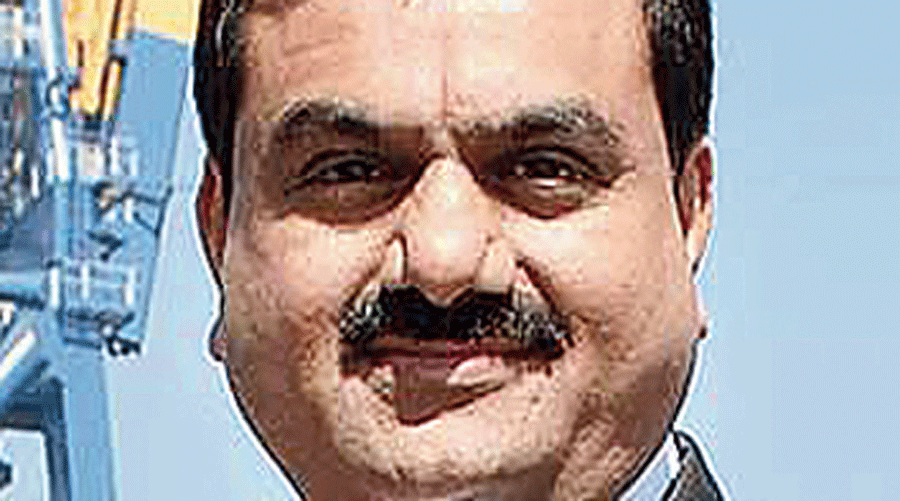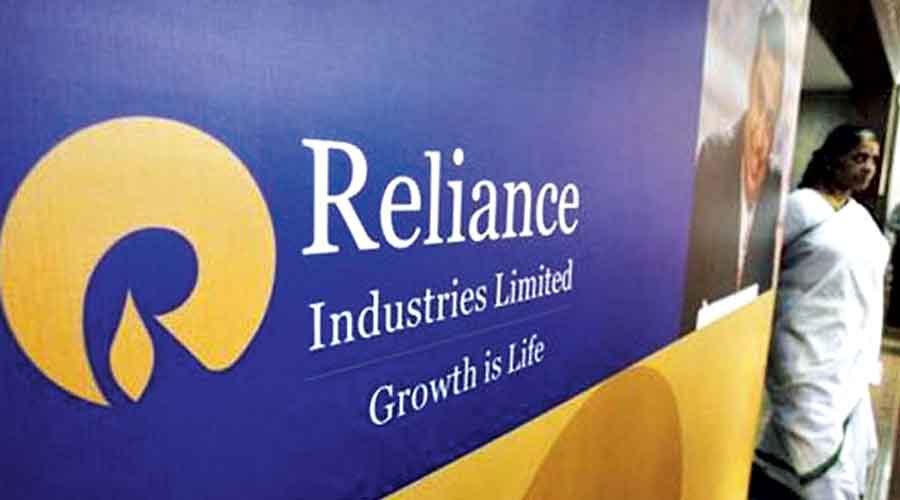The Congress on Monday said the Centre’s insistence on blending at least 10 per cent imported coal with domestic coal was a unique “Friend Benefit Model” to help the Adani group.
“The three-step Friend Benefit Model is simple — Step 1: Ask all coal-based power generators to import at least 10 per cent of their coal requirement for blending purposes. Step 2: Award Rs 4,035 crore contract to Adani Enterprise Limited to import 2.416 million tonnes at Rs 16,700 per tonne. Step 3: Power plants will buy this imported coal nearly at Rs 20,000 per tonne,” Congress spokesperson Gourav Vallabh said.
Contending that power costs will rise both for domestic and industrial consumption as imported coal is seven to 10 times costlier — coal is available at Rs 1,700 to Rs 2,000 a tonne in India — Vallabh said: “What an arrangement Sir ji! You are forcing states and power companies to buy coal imported by the Adani group. This is how you institutionalise favour to the friend.”
The power ministry had sent letters to all the states and power generation companies asking for the blending of 10 per cent imported coal.
The letter said this was necessitated by a shortage of domestic coal and soaring demand for power.
The ministry said that despite efforts to increase the supply of domestic coal, there was still a gap between the requirement and supply of coal. The ministry later threatened to increase the blending limit to 15 per cent as some power plants were not abiding by the 10 per cent order.
While some states objected to the central diktat, Telangana chief minister K. Chandrashekhar Rao kicked up a storm against the order, asking Prime Minister Narendra Modi to explain the rationale behind this decision.
The All India Power Engineers Federation (AIPEF) also alleged that the Centre was encroaching on the states’ authority and forcing them to buy imported coal to cover up its own inefficiencies in supplying the domestic dry fuel to thermal plants.
Within and outside Parliament, the Congress also raised the issue of rising prices.
The leader of the Opposition in the Rajya Sabha, Mallikarjun Kharge, said: “In 2013, Modi had raised the slogan ‘Bahut hui mehngai ki mar/ Abki baar Modi sarkar. Today, inflation has broken all records, making the life of poor people a nightmare. For the last three months, retail inflation has remained above 7 per cent.
“The food inflation rate has remained close to 8 per cent. The Wholesale Price-based Index (WPI) touched a record high of 15.88 per cent in May. On top of this, from Monday, the government has hiked GST rates on daily-use items such as rice, wheat, curd, grains, honey, jaggery, wheat flour, puffed rice, and many other items from 0 to 5 per cent.”
Kharge added: “Today, we tried to raise this issue on the floor of the House, and notice was given under Rule 267 to suspend business for the day and have a discussion on this burning issue. We were not allowed to even mention the subject! This shows how little the Modi government cares for the poor of the country.”
He accused the government of facilitating profiteering by private players on wheat at a time the buffer stock has fallen dangerously low.
Kharge referred to the prices of petrol, diesel and cooking gas cylinder too, alleging that the government had filled its coffers at the cost of the poor.
Rahul Gandhi tweeted about the imposition of GST on items like flour, curd and lassi, saying, “HIGH taxes, no jobs. BJP’s masterclass on how to destroy what was once one of the world’s fastest-growing economies.”











